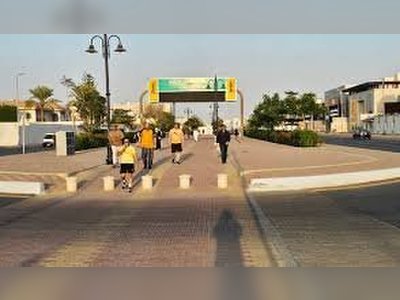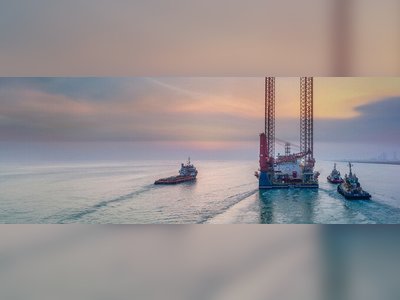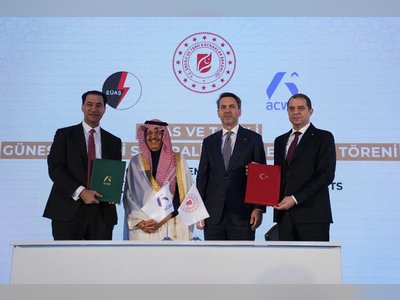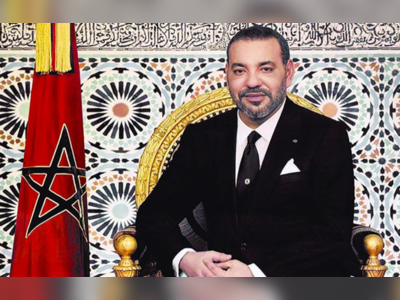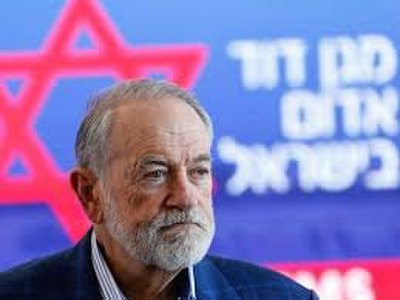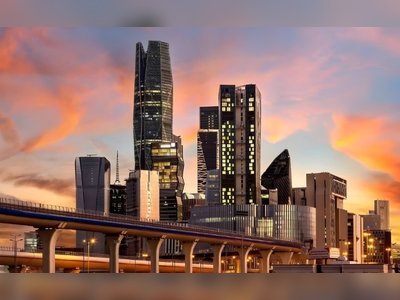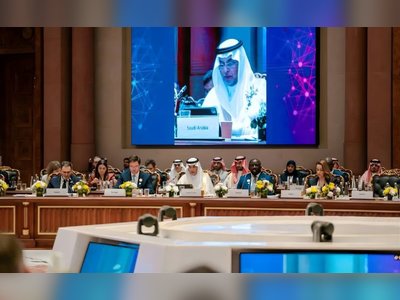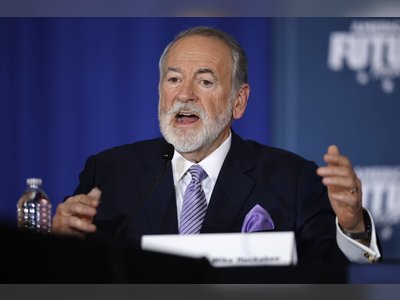
UK must harness soft power to retain ties with UAE: panel
Britain has lost touch with its capacity for soft power and must seek to regain this if it is to retain ties with the UAE, according to a panel of academics and diplomats.
Speaking on Tuesday at an event hosted by The Emirates Society and attended by Arab News, provost for the University of Birmingham Dubai, Prof. David Sadler, said successive British governments have neglected those countries with which the UK had previously held strong, longstanding relations.
“As a country, the UK has become disengaged in its soft-power relations from understanding a country’s long-term vision for its future,” he said.
“In the UAE, we have a country that has a long-term vision based on a 30- to 50-year timeframe, well beyond the British electoral cycles, and the UK must become better at engaging with this sort of long-term vision.”
Amanda Buckley, cultural affairs officer for the British Embassy’s mission in the UAE, warned that the UK may lose its standing in the Gulf.
“Soft power … is becoming a far more contested and competitive field,” she said. “We need only look at the activities of the non-traditional soft-power superpowers, the likes of China and Korea, who are both making greater efforts on this front.”
William Gueraiche, professor at the University of Wollongong Dubai, and Michael Wilson, executive principal of Cranleigh School Abu Dhabi, agreed with Buckley and Sadler that the seeming breakdown in understanding stems from governments having lost sight of what soft power is.
Gueraiche said it comprises cultural branding, cultural relations, diplomacy and national branding.
“When we talk about soft power, you must understand these different spheres to it, and the wants of diplomats will differ from, say, the wants of the British Counsel,” he added.
“Diplomats will be looking to increase market share for British companies. This is different to national branding, which the UK only started engaging in in 2011, 30 years after the UAE. The good news is that our perception of states changes slowly.”
Despite the UK’s neglect, the panel said the UAE’s perception of Britain remains strong, but it needs to redress the decline before it is usurped by new soft-power players.
Sadler and Wilson agreed that one of the strongest elements to British soft power is the faith and trust held globally in the nation’s schools, which have undergone a rapid process of internationalization in recent decades, with new campuses worldwide.
“There was an ability to translate the very traditional UK school into a, for instance, Abu Dhabi setting,” said Wilson.
“This wasn’t about coming with a flag behind us, but coming with ‘soft schools’ seeking to build common empathies and tolerances.
“This has been a real success story in the UAE, in part because it’s so diverse. We don’t teach diversity, we let the children absorb it.”
This absorption includes recognition of the historical relations between the two countries, according each other respect, and not presuming primacy in the region in the manner that the UK perhaps became accustomed to.
Wilson said the work being done by his school is based around modern dialogue and the notion of equal partnerships.
“We need to be teaching the next generation about each other, about each other’s cultures, and not approach engagement from the basis of a former global power and an emergent international player,” he added.
Saddler agreed that for the UK to regain its standing as a soft-power superpower, projects like those proposed by Wilson could help the country repair its reputation.
Responding to a question put by Arab News, Saddler said: “Yes, it’s through the younger generation that the reputation will be rebuilt. I have confidence and optimism that this will be a success as the youth we work with have a different worldview.”
“As a country, the UK has become disengaged in its soft-power relations from understanding a country’s long-term vision for its future,” he said.
“In the UAE, we have a country that has a long-term vision based on a 30- to 50-year timeframe, well beyond the British electoral cycles, and the UK must become better at engaging with this sort of long-term vision.”
Amanda Buckley, cultural affairs officer for the British Embassy’s mission in the UAE, warned that the UK may lose its standing in the Gulf.
“Soft power … is becoming a far more contested and competitive field,” she said. “We need only look at the activities of the non-traditional soft-power superpowers, the likes of China and Korea, who are both making greater efforts on this front.”
William Gueraiche, professor at the University of Wollongong Dubai, and Michael Wilson, executive principal of Cranleigh School Abu Dhabi, agreed with Buckley and Sadler that the seeming breakdown in understanding stems from governments having lost sight of what soft power is.
Gueraiche said it comprises cultural branding, cultural relations, diplomacy and national branding.
“When we talk about soft power, you must understand these different spheres to it, and the wants of diplomats will differ from, say, the wants of the British Counsel,” he added.
“Diplomats will be looking to increase market share for British companies. This is different to national branding, which the UK only started engaging in in 2011, 30 years after the UAE. The good news is that our perception of states changes slowly.”
Despite the UK’s neglect, the panel said the UAE’s perception of Britain remains strong, but it needs to redress the decline before it is usurped by new soft-power players.
Sadler and Wilson agreed that one of the strongest elements to British soft power is the faith and trust held globally in the nation’s schools, which have undergone a rapid process of internationalization in recent decades, with new campuses worldwide.
“There was an ability to translate the very traditional UK school into a, for instance, Abu Dhabi setting,” said Wilson.
“This wasn’t about coming with a flag behind us, but coming with ‘soft schools’ seeking to build common empathies and tolerances.
“This has been a real success story in the UAE, in part because it’s so diverse. We don’t teach diversity, we let the children absorb it.”
This absorption includes recognition of the historical relations between the two countries, according each other respect, and not presuming primacy in the region in the manner that the UK perhaps became accustomed to.
Wilson said the work being done by his school is based around modern dialogue and the notion of equal partnerships.
“We need to be teaching the next generation about each other, about each other’s cultures, and not approach engagement from the basis of a former global power and an emergent international player,” he added.
Saddler agreed that for the UK to regain its standing as a soft-power superpower, projects like those proposed by Wilson could help the country repair its reputation.
Responding to a question put by Arab News, Saddler said: “Yes, it’s through the younger generation that the reputation will be rebuilt. I have confidence and optimism that this will be a success as the youth we work with have a different worldview.”

